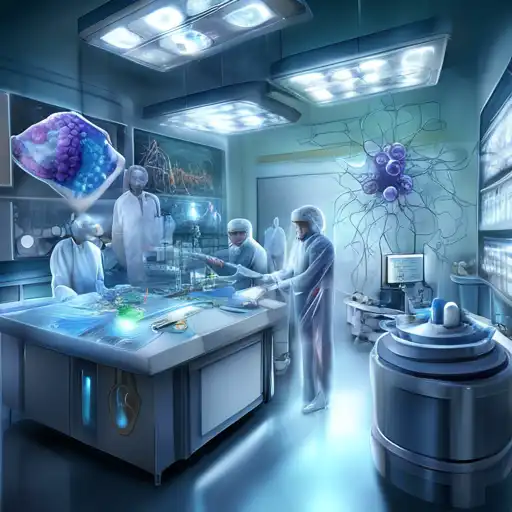Introduction to Nanotechnology in Medicine
Nanotechnology, the science of manipulating matter at the atomic and molecular scale, is set to revolutionize the medical field. With its ability to operate at the same scale as biological molecules, nanotechnology offers unprecedented opportunities for diagnosis, treatment, and prevention of diseases. This article explores the groundbreaking advancements and potential of nanotechnology in medicine.
The Promise of Nanomedicine
Nanomedicine, the application of nanotechnology in healthcare, promises to transform the way we approach disease treatment and prevention. From targeted drug delivery systems that minimize side effects to nanorobots capable of repairing damaged tissues, the possibilities are endless. The precision and efficiency of nanotechnology could lead to more effective treatments with fewer side effects.
Current Applications of Nanotechnology in Medicine
Today, nanotechnology is already making waves in various medical applications. Some of the most notable include:
- Drug Delivery: Nanoparticles are being used to deliver drugs directly to diseased cells, reducing the impact on healthy cells.
- Diagnostic Tools: Nanosensors can detect diseases at their earliest stages, even before symptoms appear.
- Regenerative Medicine: Nanomaterials are aiding in the repair and regeneration of damaged tissues and organs.
Future Prospects
The future of nanotechnology in medicine is bright, with research focusing on more sophisticated applications such as:
- Nanorobots: Tiny robots that could perform surgeries at the cellular level.
- Personalized Medicine: Tailoring treatments based on the genetic makeup of individuals using nanotechnology.
- Cancer Treatment: Developing nanoscale devices that can target and destroy cancer cells without harming surrounding healthy tissue.
Challenges and Ethical Considerations
Despite its potential, the integration of nanotechnology into medicine faces several challenges, including:
- Safety Concerns: The long-term effects of nanoparticles on the human body are still under investigation.
- Regulatory Hurdles: Establishing guidelines for the use of nanotechnology in medicine is complex.
- Ethical Issues: The potential for misuse and the implications of human enhancement raise ethical questions.
Conclusion
Nanotechnology in medicine represents a frontier of innovation with the potential to drastically improve healthcare outcomes. While challenges remain, the ongoing research and development in this field are paving the way for a future where diseases are treated more effectively and efficiently than ever before. The journey of nanotechnology from the lab to the clinic is a testament to the power of scientific innovation in transforming lives.
